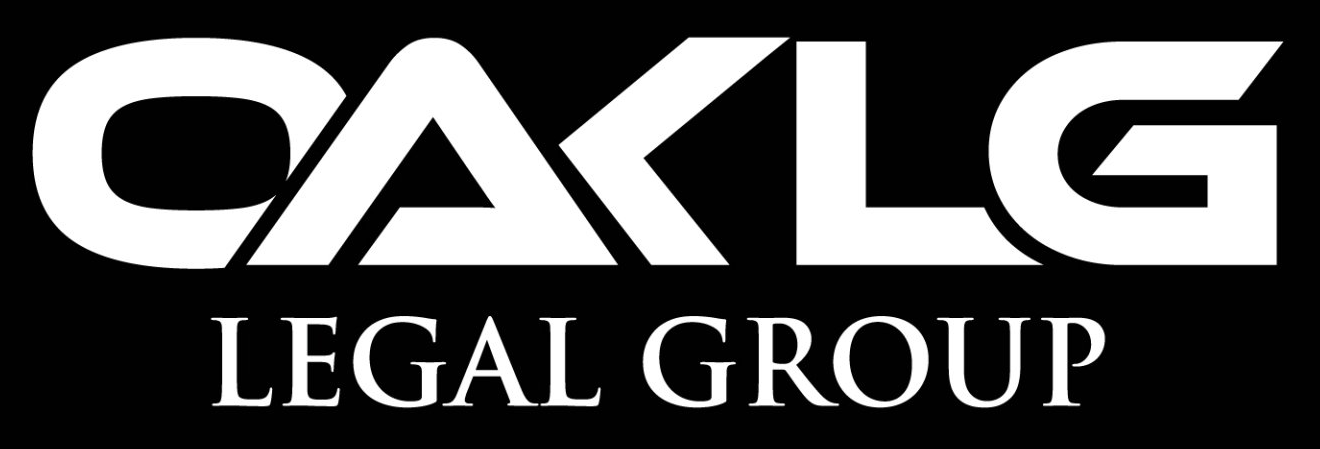TRADEMARK
AND
INTELLECTUAL
PROPERTY
Book a consultation
Tell us about your situation so we can get started fighting for you. We tailor each case to meet our clients' needs.
We will get back to you as soon as possible
Please try again later
TRADEMARK AND INTELLECTUAL LAWYERS
Providing Experienced Legal Services to All Industries Including Film, Music, and Sports
According to the Legal Information Institute at Cornell Law School:
“A trademark is any word, name, symbol, or design, or any combination thereof, used in commerce to identify and distinguish the goods of one manufacturer or seller from those of another and to indicate the source of the goods.”
You might have seen the trademark symbol (™) or the registered trademark symbol (®) on products like Nike shoes or next to logos on the front of businesses. These symbols sometimes accompany popular slogans, as well. For example, pop superstar Taylor Swift has added trademarks to some of her more recognizable lyrics so they do not appear on products without her permission.
Getting a trademark helps protect your brand and your business and makes it difficult for others to profit off your intellectual property.
What’s the Difference Between R and TM?
The R symbol, “®,” indicates a registered trademark, and the TM symbol, “™,” indicates a regular trademark. Business owners can claim the rights to a particular mark with the trademark (™) or service mark (SM) symbols on an informal basis, but they will have more rights if they apply for federal registration with the United States Patent and Trademark Office (USPTO).
Once a trademark is registered with the USPTO, it becomes a registered trademark and businesses may use the R symbol, “®.” With a registered trademark, you become the presumed owner of that trademark, and you can file a lawsuit related to your trademark in federal court.
As The Balance Small Business reminds trademark holders:
“Once you get a patent or register a trademark, it’s up to you, rather than the USPTO, to enforce them."
How Do I Register a Trademark?
If you have a recognizable name, logo, or slogan, you may want to trademark it – and register that trademark with the USPTO. If you want to protect other forms of intellectual property, like a song or creative work or an invention or chemical formula, consider copyright or patent instead.
Before applying, make sure your trademark is not similar to others in your industry or “class,” as the USPTO rejects trademarks that create confusion. If you own a restaurant and your trademark is similar to that of a plumber, the USPTO may approve your trademark anyways because consumers are unlikely to confuse a restaurant with a plumbing company.
Each trademark application protects one recognizable piece of intellectual property. If you want to register a logo and a slogan, you will need to file separate applications. Including both on the same application is possible but will make it so your trademark only applies when the logo and slogan appear together. You should also be sure to register your trademark(s) in all appropriate classes.
If you have a restaurant and sell cookbooks, for instance, you should list class 43, class 16, and class 41 on your application, so your trademark is registered in food services, paper goods, and education services. Otherwise, someone could borrow your restaurant logo and use it to sell unauthorized cookbooks.
Remember, a trademark does not need to be registered for the owner to prevent others from using it or creating confusion. Registered or not, it is up to you to enforce your trademark.
How to Enforce a Trademark
To prevent others from using your trademark, you must use it in the marketplace. Trademark laws only protect inactive trademarks for a certain (very limited) period of time. If you fail to use your trademark for 3 years, the courts will consider the mark abandoned. Additionally, every 5 years, you will have to prove you have been actively using your registered trademark if you want to keep your registration.
When someone uses your active trademark without your permission, you can ask them to stop with a cease-and-desist letter. A cease and desist is a demand letter that explains the trademark infringement that has occurred and demands an end to said infringement. If the infringer ignores your cease-and-desist letter, you can sue them. If you have a regular trademark, you will file your suit in the court nearest you, but if you have a regular trademark, you will file in federal court.
Whether you’re applying for a registered trademark, sending a cease-and-desist letter, or filing a lawsuit against an infringer, you should speak to an attorney.
At Oakhurst Legal Group, we are available 24/7 and ready to find an innovative solution for you. Our lawyers are relatable, compassionate, and dedicated to providing the highest quality representation to clients of all backgrounds.
For honest, fully transparent legal advice, please call us at 704-243-8178 or contact us online now.
We look forward to helping you protect the brand and business you have built.
Oakhurst Legal Group Headquarters
Useful Links
2023 & 2024 All rights reserved by Law Firm based in Charlotte, North Carolina. Premier legal services for teams, university, individuals, businesses, entrepreneurs, and more. Experience with local city, state and federal policy in prime service areas of police misconduct, trademarks & immigration law. Our attorneys pride themselves in upholding privacy rate and top notch service to the community. Nothing on this website which contains general information should be taken as legal advice for any reason. No attorney-client relationship is created from viewing this website or completing an intake sheet. Please follow our content on Facebook, Tik Tok, Instragram, twitter, Youtube and other social media sites for more information.
Proud National Certified Minority Owned Law Firm
© 2023 All Rights Reserved. Created by Olive + Ash. Managed by Olive Street Design.





